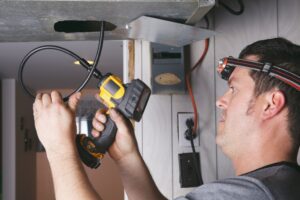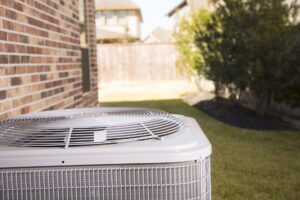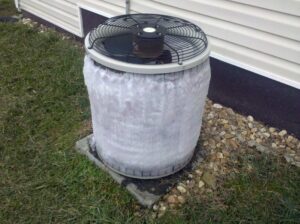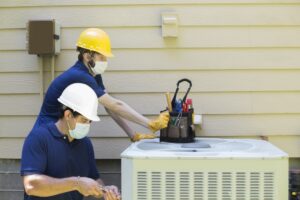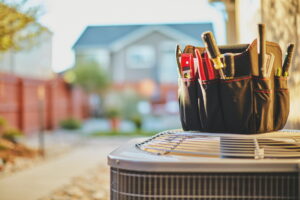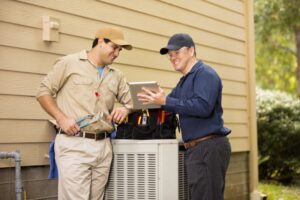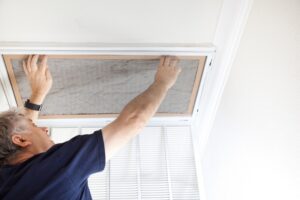Your air conditioner goes up against a lot of stress year after year. It’s wear and tear—slow degradation that you can’t stop or halt. As that happens, repairs pop up, and it’s not always easy to identify when your AC does need to be fixed. That’s what we want to help you with right now.
Before you call for AC repair in Clearwater FL, let’s talk about the main signals from your AC that it’ll send you before it breaks down. We’ll run through those first.




